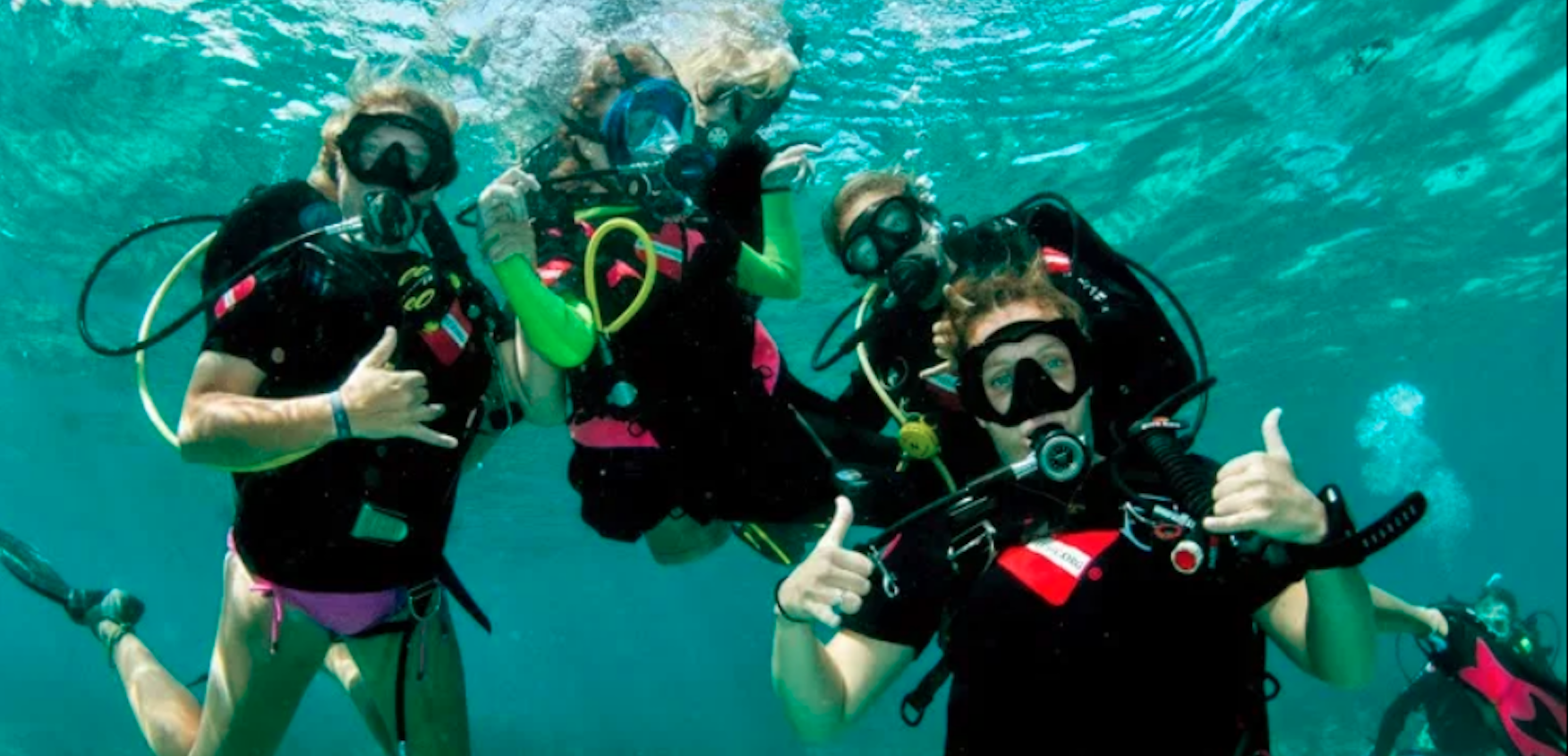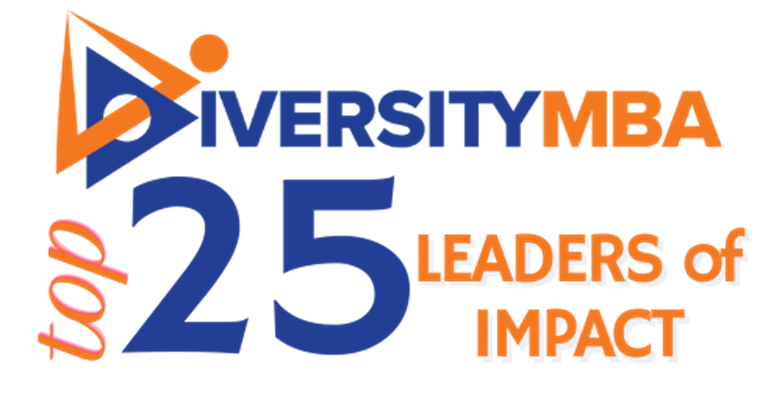A simple truth guides the work of Diveheart, an Illinois-based nonprofit group whose mission is to help disabled individuals through scuba diving: We’re all equal under the water. It’s more than a moral truth; it’s a scientific truth, according to Jim Elliott, Diveheart’s founder and president.
“This is the only sport in the world that has no gravity,” Elliott said. “Our divers with disabilities find that they can move body parts that they’ve never been able to move before.”
Elliott left a successful career in media in 2001 to pursue Diveheart as a full-time volunteer. Diveheart, a 501(c)3 not-for-profit, provides scuba diving instruction and experiences to children and adults with disabilities and wounded veterans, around the world. The organization seeks to instill the “can do” spirit in participants, inspiring them to take on challenges that they may not have considered before.
The ultimate goal is to build confidence, independence, and self-esteem.
The testimony of participants in Diveheart suggest that it works. For instance, Ericka Remington, an adult who is both deaf and blind, was able to gain experiences that previously had been foreign to her. “I touched an anemone and played with a baby starfish and a baby crab,” Remington said. “I touched animals and plants that I’ve never seen or touched before in my life.”
Diveheart seems to have a restorative effect for some participants. “In the pool, the disability melts away and I feel as if I am swimming along in a zero-gravity environment and the broken lower half doesn’t seem so broken,” said Ted Moorman, a disabled veteran.
Relying on the forgiving weightless environment of water, which offers buoyancy and balance to individuals who might struggle on land, the program is intended to be of physical and psychological therapeutic value.
“Range of motion improves immediately,” Elliott explained. “Circulation improves immediately. The pressure aspect of diving is thought to have benefits to people with autism. People with chronic pain due to spinal cord injuries are telling us that after diving, they’re pain free, often for the first time since their injury. The self-confidence and independence achieved by participating in such a great and exciting sport, is tremendous. And the list goes on and on.”
Many of Diveheart’s adventures take place in the lakes and oceans of the world, but the diving instruction and many of Diveheart’s programs happen in community pools including those in recreation or rehab centers, high schools, hotels, hospitals and more. Diveheart has worked across the U.S. and around the world, including in Mexico, China, Malaysia, Australia, and more.
Diveheart is almost entirely volunteer-driven, with only a small administrative staff, including executive director Tinamarie Hernandez.
Diveheart participants include those with virtually any type of disability including Down syndrome, autism, cerebral palsy, paraplegia, quadriplegia, blindness, deafness, spinal cord injuries, traumatic brain injury, post-traumatic stress disorder and more.
“We work hard to be able to scuba dive safely and comfortably with anyone wanting to dive,” said Elliott. “We dive with individuals without arms, without legs, without any limbs and even requiring a respirator.”
Within the past several years, Diveheart has developed a first-of-its kind complete adaptive diver and instructor program, encompassing best practices in the field. The online program with integrated manuals, pioneers new concepts, techniques and protocols and will revolutionize adaptive scuba practices around the world.
Diveheart’s vision, which is always evolving, now includes promoting dive-related careers to individuals with disabilities. “Our hope is to encourage more of our participants to consider marine sciences, underwater archeology, coral reef restoration, or one of many other potential courses of study,” Elliott said. “The result will be the chance to earn money doing something they love, and simultaneously helping the environment. Imagine someone in a wheelchair having the chance to ponder the possibility of a career in the underwater, gravity-free environment of scuba? It’s so powerful that people who have disabilities can see the chance that they have to help make the world a better place.”
Elliott calls scuba diving “one of the most incredible activities in the world” and believes it has the ability to change the world. And, one life at a time, that may be already happening.
Gregorio Rodriguez, a disabled Marine veteran, put it this way: “Each time I dive with Diveheart, I find another piece of myself.”
Wendy Foster has been a freelance writer and columnist for more than 20 years, specializing in human interest stories for local and regional magazines, trade publications and websites. She has won several prestigious awards including Illinois Press Association Best of the Press Award.









